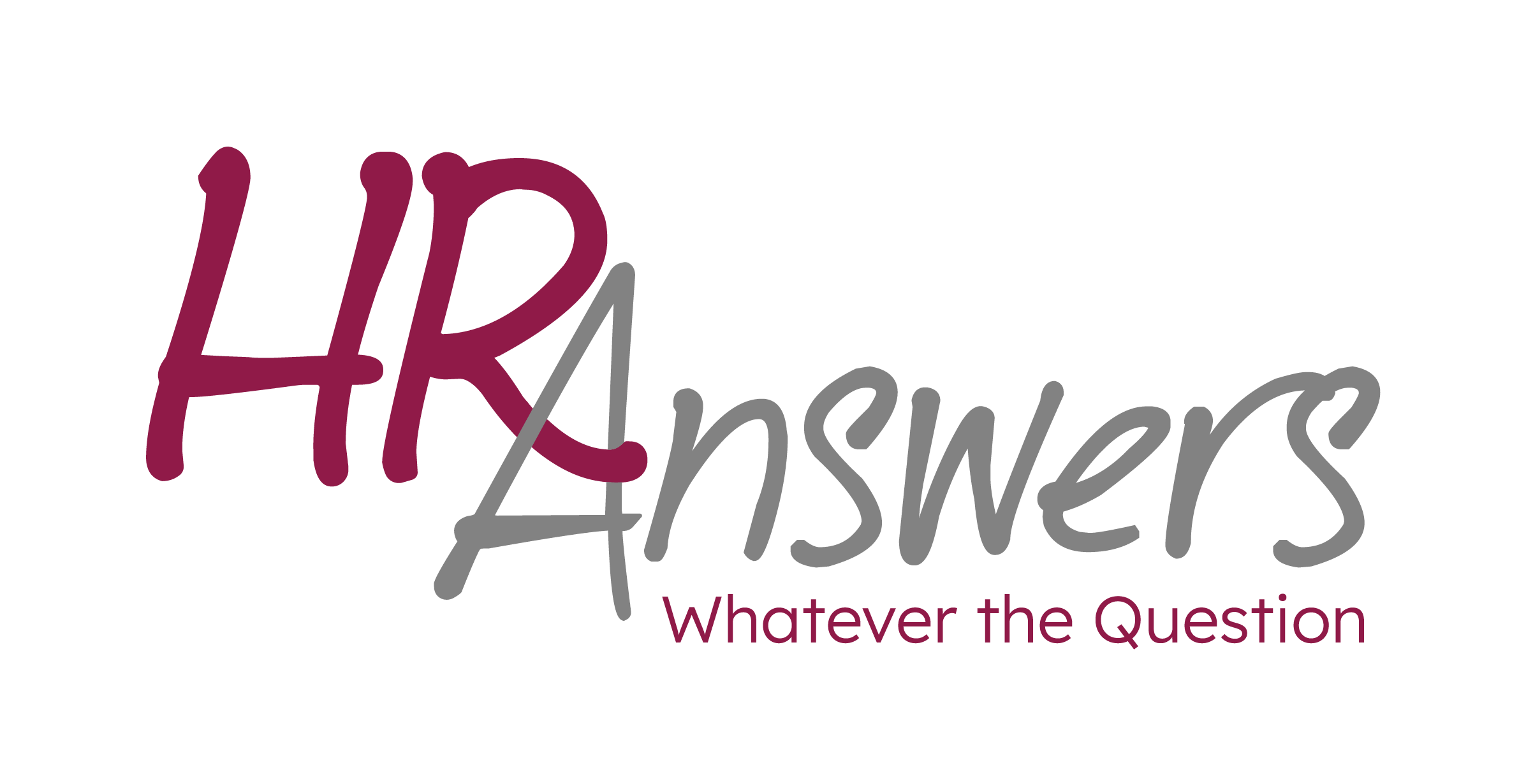Emotional Wellness – Types of Rest

Have you complained recently to someone else that you did not get a good night sleep? Do you feel yourself dragging or feeling less than your normal self? It seems to be a regular conversation regardless of where you are or who you talk to.
Most of us have heard plenty lately about self-care and with reason! So, what do you need to do to reboot yourself? Dr. Saundra Dalton-Smith, MD is a physician and researcher. She wrote the book, Sacred Rest: Recover Your Life, Renew Your Energy, Restore Your Sanity. While Dr. Dalton-Smith’s 7 types of rest may not appear to be earth shattering when you read the list, we believe you’ll find at least one of them will resonate with you and because it is what we ALL need. The seven types of rest are:
- Physical Rest – there is both a passive option, such as sleeping, napping, etc., or an active option, which involves stretching or a massage. She notes that signs of a deficit of physical rest include aches, pains, swelling in legs and feet, back spasms.
- Mental Rest – this involves calming an overwhelmed and overworked mind. The doctor points out a deficit is likely if you can’t sleep because your mind is racing at night, or you can’t remember more than a couple of things.
- Social Rest – This is the time spent with “life-giving” people versus the people who need things from us: reports, data, a phone call, etc. Those folks, while well intentioned and doing their job, drain your energy. Then there are family members who need things from us: a meal, money, a ride, etc. While we need (and want) to engage with people who need things from us, social rest is about focusing on relationship and spending time with people who do not need anything from you but rather give to you – fill your emotional cup.
- Spiritual Rest – Dr. Dalton-Smith is very clear this can mean different things to different people – specifically one’s own belief system. It is more about feeling a sense of belonging. She identifies a deficit when someone doesn’t feel they are doing good, or their work doesn’t have purpose. She also notes lack of an inclusive and supportive environment contributes to a spiritual deficit, i.e., a toxic work environment will rob you of spiritual rest.
- Sensory Rest – This refers to getting a break from the ringing phones, the notifications, screen time, Zoom calls, etc. According to Statista, 22% of us spend 3-4 hours a day, while 46% spend between 5-6 hours daily on our phones. A shocking 11% spend more than 7 hours a day. Our brains need a break from our screens.
- Emotional Rest – this is not about emptying our minds, but rather spending time with people where we can be our authentic selves. “Many of us carry quite a bit of emotional labor privately, in that we don’t share with people what we’re feeling.” This can be due to wanting to maintain privacy, not feeling comfortable, etc. Regardless of the reason, we need to have time on a daily basis where we can just be ourselves, let down our guard.
Creative Rest – This refers to the time where we let ourselves enjoy the beauty around us (be present, be in the moment). This may involve taking a walk, watching a sunset, listening to music, dancing. Dr. Dalton-Smith points to a deficit when you struggle to brainstorm or solve problems. She further argues, many of us have a deficit because there was so much problem-solving due to COVID.
Dr. Dalton-Smith argues that people often have a hard time accepting the deficits because they have things they need around them (a job, a car, a home, etc.), but that does not mean you are not in need of rest. If you are feeling burned out, you need rest, and not just a solid 8-hours of sleep. Her recommendation is to begin where you have the biggest deficit and if you need assistance in figuring out where your biggest deficit lies – she has a quiz for that (please note, it may take up to 24 hours to receive your results). She provides a score for each area and the severity of the deficit.
There is good news. The renewal process is something you can start as soon as today! It begins with being intentional, thinking about how you spend your time, and reflecting on what brings you peace and joy. Small steps can have a big impact, not only on your personal well-being, but it will likely spread into your work life and family life. Where are your deficits?
Looking for previously written Advantage eNewsletters or HR ALERTS?
